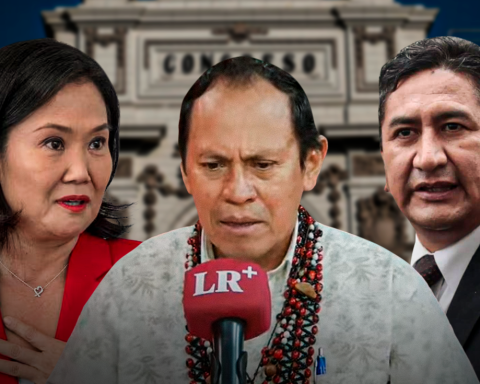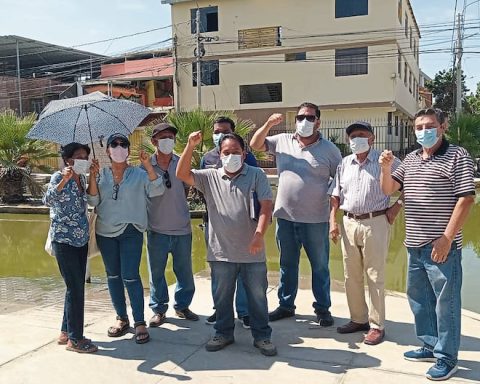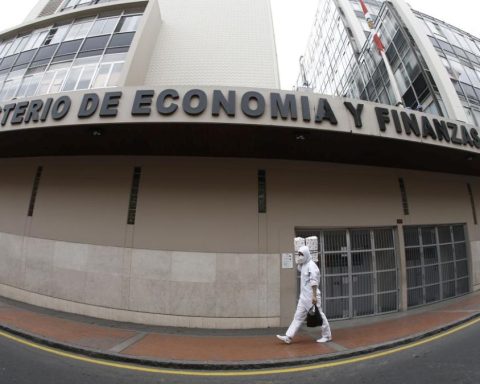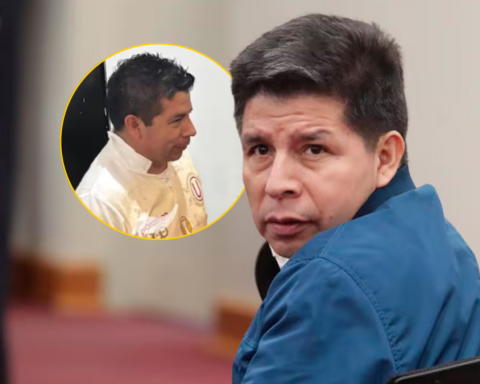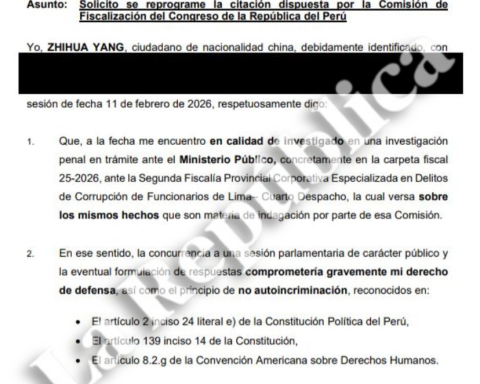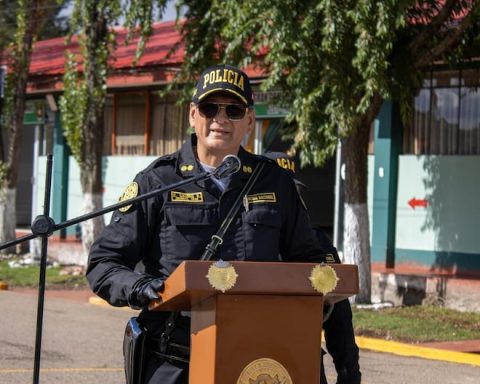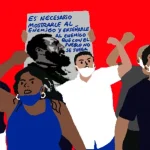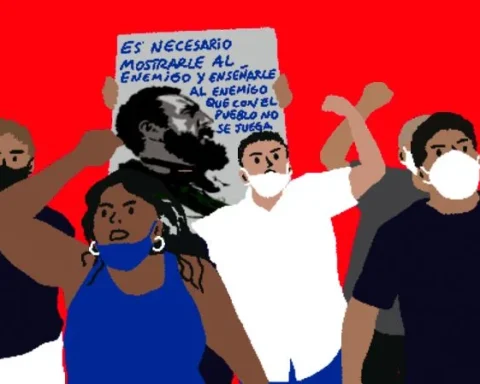
The president Dina Boluarte resorted to the topic of death penalty to stir things up when their scandals get worse. However, this time the Government plans delay the controversy with a hearing process and attempts at agreement, which are seen as a masquerade in search of their political survival.
On the night of Saturday the 14th, in an extraordinary edition of legal regulations, the Executive creation of a sectoral commission to “prepare a technical report that includes proposals to evaluate the application of the death penalty to the crime of sexual rape of a minor.” This group was given a period of three months, which could be extended, advancing Boluarte’s plan.
“We ratify our proposal to open the debate on the death penalty against child rapists, a scourge that should not have any space in our society, neither on the streets nor in prisons,” he insisted. Boluarte last Thursday, showing a favorable position towards that sanction.
The Minister of Justice, Eduardo Aranahad announced hearings and did not rule out denouncing the American Convention on Human Rights or the Pact of San José, the first step in a complex process to exit this international treaty that its inter-American justice system provides us with.
“We are going to call on the experts, the universities, (the) chamber of commerce, businessmen, ordinary people like you, everyone (…). The usual and regular mechanism may even imply that a complaint can be made directly by the Executive and that this be seen by Congress,” he argued. Spider at a press conference.
YOU CAN SEE: Executive will debate the incorporation of the death penalty into national legislation
Double-barreled populism
Various voices They question Boluarte why he should extend the death penalty to other crimes More than treason in cases of war and terrorism, as the Constitution says, it requires leaving the Pact of San José and its international justice system, which includes the Commission (IACHR) and the Inter-American Court of Human Rights: Peruvians would lose their protection .
Likewise, it appears as a way to satisfy the conservative sectors so that they do not give him the thumbs up in Congress and reaches 2026, a deadline that he frequently hammers as the only end he considers.
Keiko Fujimori, leader of Fuerza Popular, the first minority in the Legislature, said: “Leaving the IACHR seems very important to me,” according to the group chat of Fujimoristas known in 2018.
Congresswoman María Acuña, from the Alliance for Progress (APP), sister of the leader of the Apepistas and governor of La Libertad, César Acuña, considered an ally of the Government, presented on Friday a bill for Peru to withdraw from the Pact of San José, echoing Boluarte. APP is the second force in Congress and houses its head, Eduardo Salhuana.
YOU CAN SEE: Javier Arévalo on the death penalty proposed by Dina Boluarte for rapists: “It is a savage measure”
Rafael López Aliaga, head of Popular Renewal, the fourth parliamentary force, was one of the first to support the president in this initiative.
The constitutional lawyer Pedro Grandezprofessor at the Universidad Católica del Perú (PUCP) and Mayor de San Marcos, says that this reflects the level to which the Boluarte Government falls in alliance with groups that support it. “It is a populist and opportunist reaction that shows the risks of the political crisis that is escalating towards increasingly authoritarian measures and without further evidence.”
The lawyer Carlos Riverafrom the Legal Defense Institute (IDL), explains that the withdrawal process is regulated and requires one year’s notice. “So it would take at least two years. Furthermore, it does not cause the Inter-American Court to stop judging cases that have entered the inter-American system until the day of the complaint. Therefore, what will be the usefulness? None,” he comments.
The political scientist Omayra Penaresearcher at the Institute of Peruvian Studies (IEP), indicates that it is a tool to try to connect with demands from different sectors. “However, the delegitimization of Boluarte has no remedy, even if his idea is accepted. Proposing leaving the Pact of San José puts Peru in a terrible position and affirms the regime as authoritarian. This shows the tenuous threads on which the Government hangs,” he warns.
“It is an affirmation of the government pact, one more point in its conservative and authoritarian agenda,” he says.
